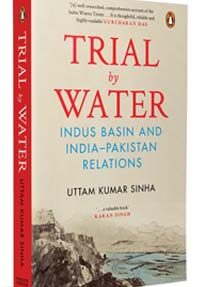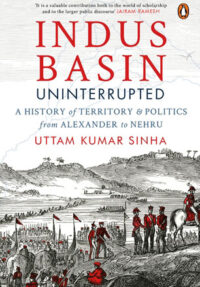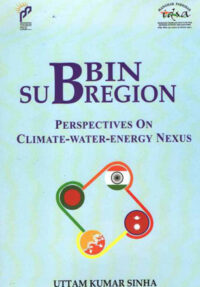The Geopolitics of America’s Energy Independence: Implications for China, India and the Global Energy Market
The US' claim that it will become energy independent shortly on the back of the revolution in its shale resources technology has been followed by Washington's announcement of its 'rebalancing to Asia' policy. This monograph looks at the sustainability of the shale revolution, and whether the US' claims are indeed justified and the geopolitical consequences and strategic implications thereof on the global energy scenario.
- Shebonti Ray Dadwal
- 2013









